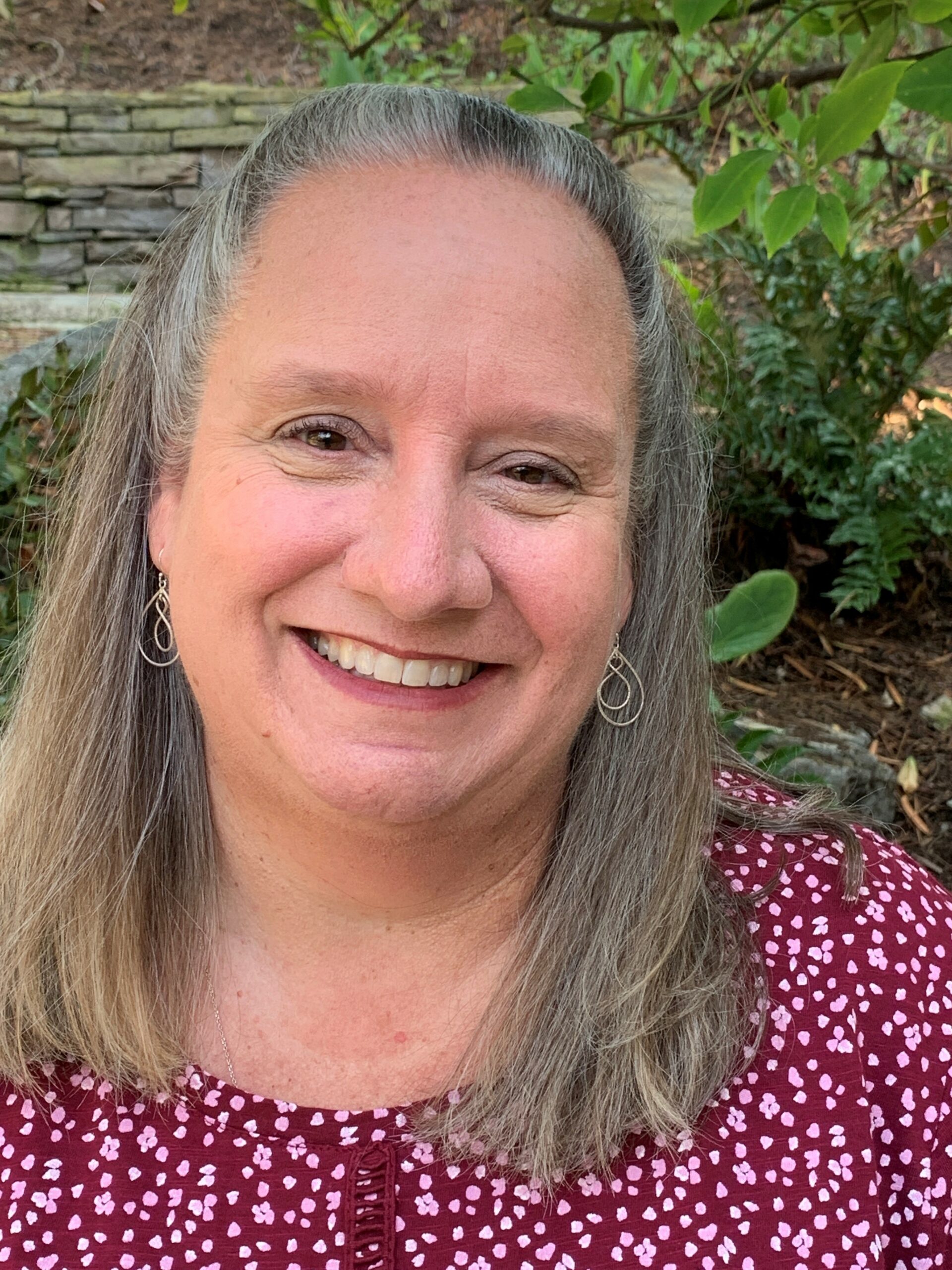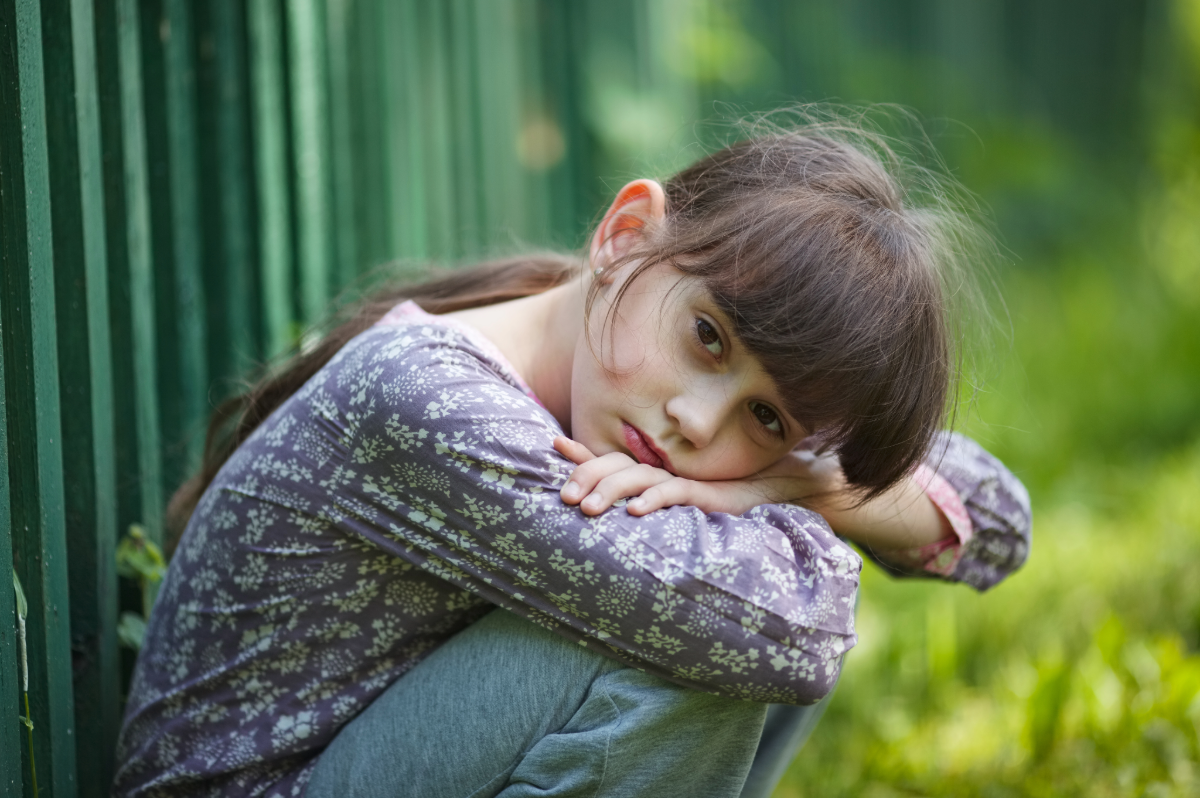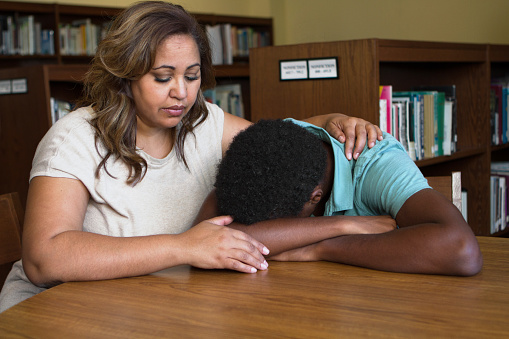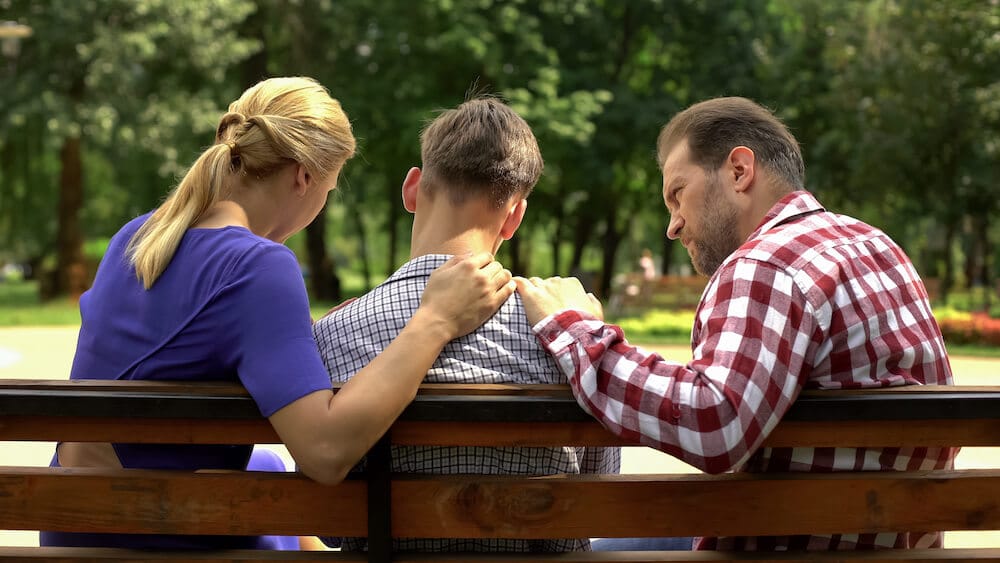May is Mental Health Awareness Month, so in honor of that, here is a quick thought on creating openness in your family regarding our children’s mental health.
For a lot of our children, asking for help or sharing their struggles isn’t the easiest thing to do. Social media and the world may have taught them to be strong and self-resilient, and for some, even to not share what is wrong and put on a happy face. And for others, it’s just hard to speak up or name what is going on.
Creating a culture of acceptance and openness within your family can help our children overcome these hurdles. Here are some quick ways to go about this:
1) Allow Mental Health to be part of your normal discussions within your family.
Normalize it in your conversations during dinner time or family time. Allow it to be something you normally talk about and not something that has a stigma attached to it. When you talk about it and make it a normal thing, our children will model that same behavior.
2) If you have your own struggles or have family or friends that struggle with Mental Health, share your journey with them.
There is no need to overshare if you don’t want to, but allow your children to know that this is a journey that you walk as well, whether it is personal or with someone you love. Let’s let them know they aren’t alone in their journey as well.
3) Remind your child they aren’t their diagnosis or struggle.
Just because your child has depression doesn’t make them a depressed kid. Their mental health struggles are just a small part of who they are, and God has created them for something so much larger than that.
4) Sometimes talking about people our children see in the media (athletes, actors, singers, artists, etc.) who are vocal about their mental health struggles allows our children to see firsthand that they aren’t alone.
I used to talk with my son about other people who struggled with his same diagnosis, and it always gave him hope to see their accomplishments but that they shared their struggles as well. It not only humanized the person we were talking about but also made him realize that if they could succeed in life, so could he.
There are a bunch of other things that you can do, but these are a good start. Ultimately, creating a place where our kids feel safe and accepted for everything they share and allowing them to remember that their weaknesses don’t define them is the greatest start we can give them.
Author
-

Amy Kendall was the Next Gen Disabilities and Mental Health Pastor at Saddleback Church and was on staff from 2007-2024. Before working at Saddleback, she worked for 10 years in the educational sector as a behavior specialist, specializing with children on the autism spectrum. Amy graduated from Pacific Christian College with her BA in Ministry and from Hope International University with her MA in Marriage, Family, Child Counseling. Amy was recently on the board of the Disability Ministry Conference as their vice president and speaks often in regards to disability ministry. Amy also has a teenage son with multiple disabilities and mental health struggles, and she believes that she is a better pastor because she gets the blessing to be his mom.
View all posts






